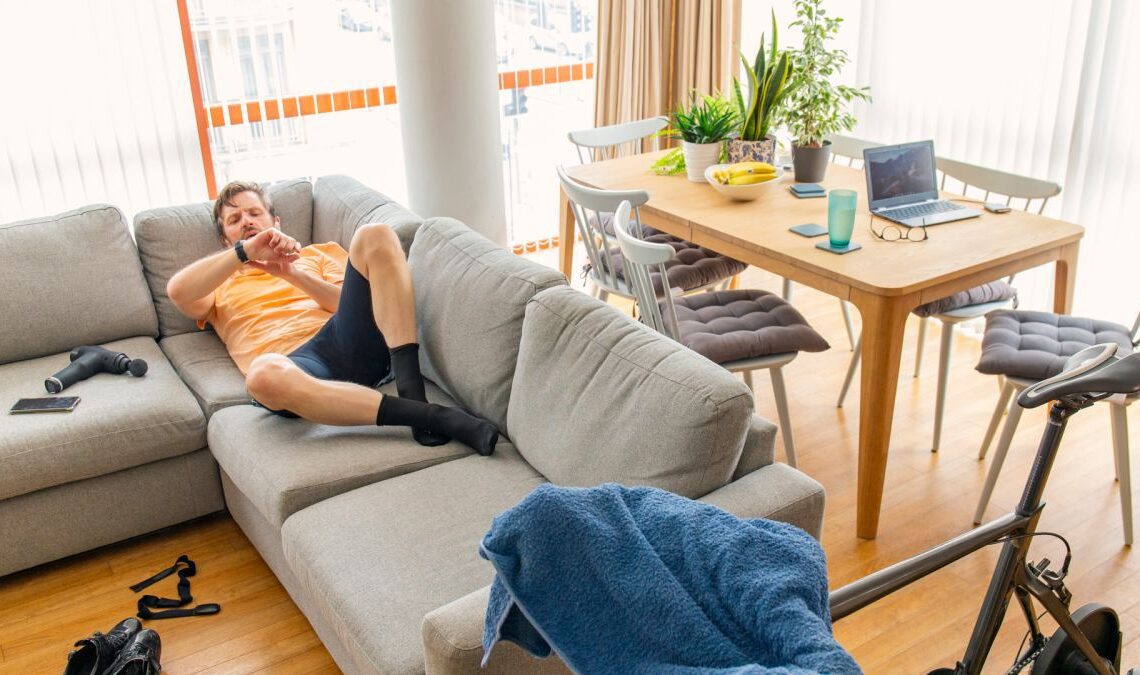Improving your sleep could provide the single biggest boost to your cycling performance it’s possible to make by legal means. Though it was arguably made famous as a “marginal gain” when Team Sky (now Ineos Grenadiers) started carting their own mattresses with them at the Tour de France, sleep may in fact be a maximal gain – it really is that fundamental in building fitness and maintaining health. So how can you make sure you’re getting the optimum dose of the most potent legal performance enhancer known to cycling humanity?
First off, it’s important to acknowledge that no one chooses to sleep poorly. But we all know that cyclists chase after every available gain – often at great expense – and what is the point of spending hundreds of pounds on lightweight wheels or a more aero helmet if a crucial (and free) part of your daily life is holding you back? No matter how much you spend on components, you won’t compensate for a chronic lack of sleep. What’s more, given the squeeze on everyone’s finances recently, many of us are putting on hold the best bike upgrades – all the more reason to make sure our sleep is as good as it can possibly be.
My interest in this subject goes back several years. As an under-23 racer competing in professional UCI races in Europe from 2015 to 2018, I frequently struggled to sleep – not just before big races, but much of the time. Back then, I pretended to myself that repeatedly yawning my way through training sessions after restless nights wasn’t a big deal, but I’m now realising the extent to which it held me back. As I start to rebuild my fitness as an amateur cyclist – I’m no longer pursuing a career in cycling – I want to find out just how how much sleep matters. Was it the key weakness that derailed my progress?
Why is sleep important for cyclists?
(Image credit: Getty Images / Prostock-Studio)
My first call is to Nick Littlehales, a sleep coach who has worked with British Cycling to help elite riders understand what happens when we sleep and why it’s specifically important for cyclists. “The simple fact is, we should be allocating over 30 per cent of every 24 hours to a defined recovery process,” says Littlehales. “Everything gets repaired when we sleep, which means consistent sleep deprivation diminishes every pillar of human performance, not only muscular and respiratory recovery.”
It’s while we sleep that most testosterone and human growth hormone is released, more than…

